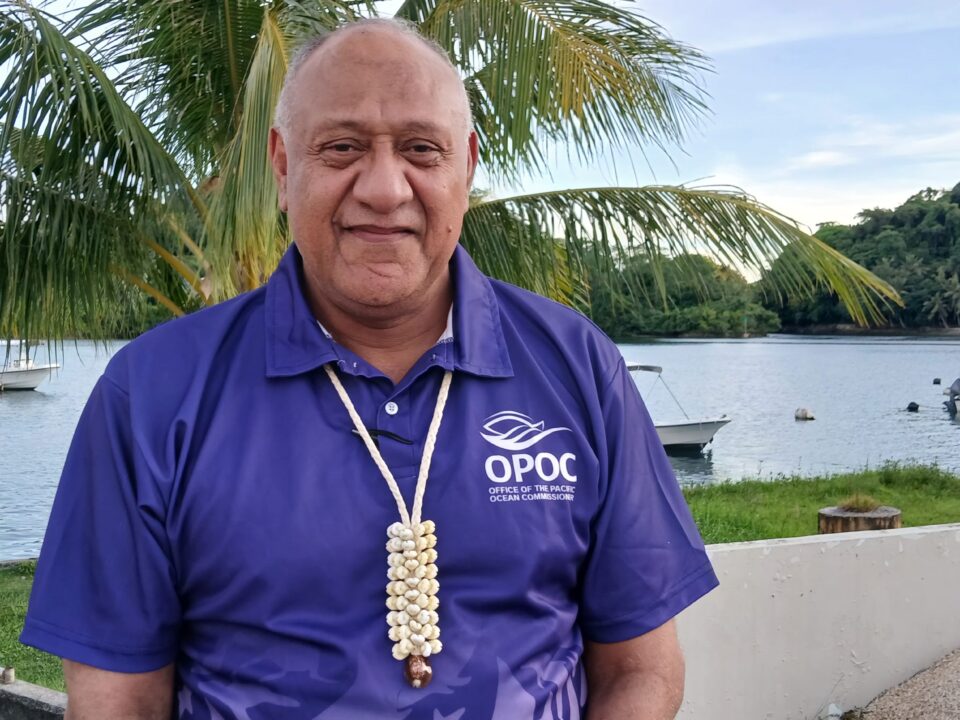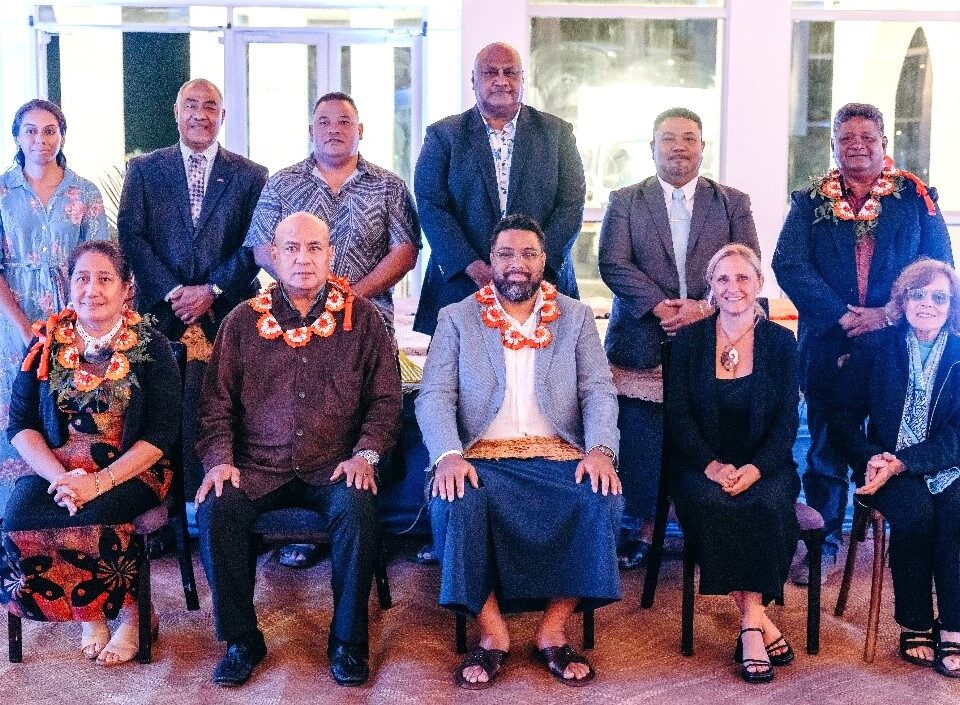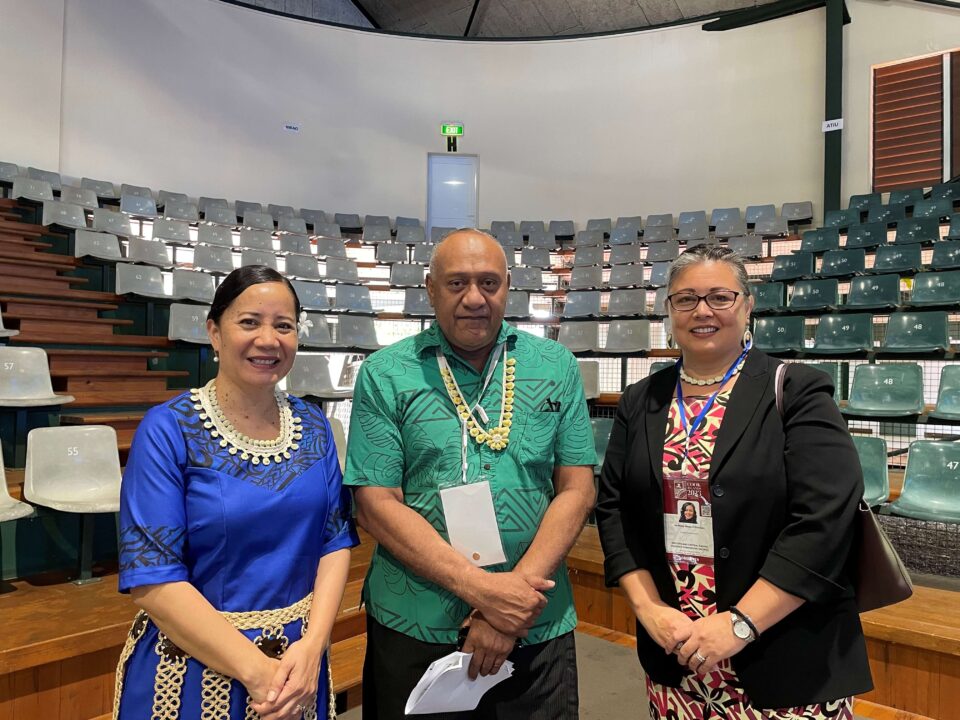
The Federated States of Micronesia (FSM) maintains that respect for sovereignty must be protected in the proposed global treaty on marine biodiversity of areas beyond national jurisdiction (BBNJ) currently negotiated at the United Nations in New York.
“It is important in our view that the BBNJ instrument does not allow for the conservation measures of the adjacent coastal states within national jurisdictions—including continental shelves— to be undermined by this instrument. This includes the avoidance of disproportionate burden of conservation upon Small Island States. This and other unintended, unjust and inequitable outcomes of this negotiation should be avoided, said FSM’s Permanent Representative to the United Nations, Ambassador Jane Chigiyal.
FSM’s statement aligns with the positions of the Pacific Small Island Developing States (PSIDS) and the Pacific Islands Forum.
Presenting her national statement to the United Nations, Ambassador Chigiyal emphasised the need to link access and benefit sharing.
“It makes more sense; and it brings more meaning to the BBNJ instrument. We express strong support for the recognition of traditional knowledge of Indigenous Peoples and local communities and urge delegations to be open-minded and inclusive. My delegation is also pleased with the recognition of the special circumstances of Small Island Developing States, she told the BBNJ IGC 3 plenary earlier in the week.
Like other Pacific Island countries present in the negotiations, FSM wants the final treaty to be fair and transparent and reflect the collective ambition of member states to address global challenges including those facing people in the Pacific nation.
“We challenge delegations to be innovative when it comes to Area Based Management Tools (ABMTs), environment impact assessment (EIA), capacity building and the transfer of marine technology, in addressing the growing imbalance of opportunities and roles with respect to the conservation and sustainable use of the BBNJ from the perspective of those Small Islands States whose dependence on the Ocean resources is unquestionable., said Ambassador Chigiyal.
The UN treaty negotiations to conserve and protect nearly two thirds of the ocean continues at the UN headquarters this week, in what is widely regarded as the greatest opportunity in a generation to turn the tide on ocean degradation and biodiversity loss.
Following over a decade of discussions at the UN, this two-week session of the Intergovernmental Conference (IGC) is the third in a series of four negotiating sessions through 2020 for a new legally-binding treaty to protect marine biodiversity in areas beyond national jurisdiction. For the first time, and at the mid-way point of the IGC, governments will engage in text-based negotiations. These negotiations are vital because currently there is no overarching legal framework for these global commons to safeguard the ocean’s marine life or its vital role in provisioning services – such as generating oxygen and regulating the climate.
PACNEWS coverage of the BBNJ IGC 3 in New York is made possible with funding support from the New Zealand Government through the Office of the Pacific Ocean Commissioner (OPOC).
Published: PACNEWS



